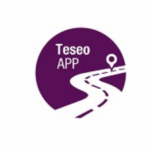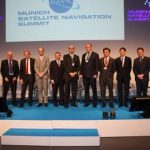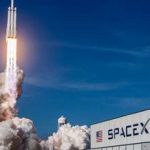GSA’s Info Day in Prague Addresses Funding Opportunities, Galileo Projects
The European GNSS Agency (GSA) hosted the second Fundamental Elements Info Day on March 14, 2018, welcoming 55 participants from 38 organizations to its headquarters in Prague. The info day focused on upcoming FE (Fundamental Elements) funding opportunities and provided a status update on the funding program.
By Inside GNSS












